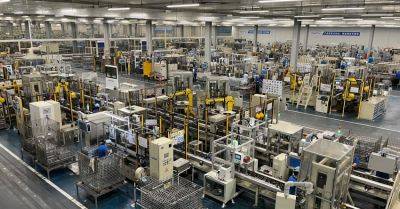China Is Testing More Driverless Cars Than Any Other Country
The world’s largest experiment in driverless cars is underway on the busy streets of Wuhan, a city in central China with 11 million people, 4.5 million cars, eight-lane expressways and towering bridges over the muddy waters of the Yangtze River.
A fleet of 500 taxis navigated by computers, often with no safety drivers in them for backup, buzz around. The company that operates them, the tech giant Baidu, said last month that it would add a further 1,000 of the so-called robot taxis in Wuhan.
Across China, 16 or more cities have allowed companies to test driverless vehicles on public roads, and at least 19 Chinese automakers and their suppliers are competing to establish global leadership in the field. No other country is moving as aggressively.
The government is providing the companies significant help. In addition to cities designating on-road testing areas for robot taxis, censors are limiting online discussion of safety incidents and crashes to restrain public fears about the nascent technology.
Surveys by J.D. Power, an automotive consulting firm, found that Chinese drivers are more willing than Americans to trust computers to guide their cars.
“I think there’s no need to worry too much about safety — it must have passed safety approval,” said Zhang Ming, the owner of a small grocery store near Wuhan’s Qingchuan Pavilion, where many Baidu robot taxis stop.







